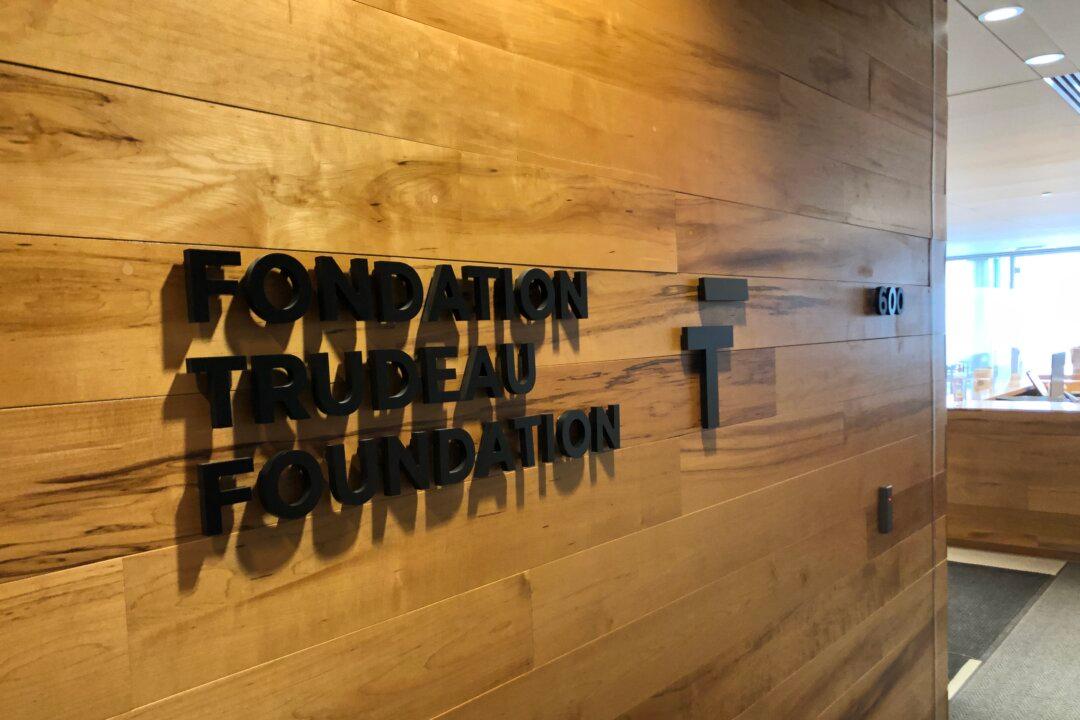The two businessmen linked to the Chinese regime who donated to the Pierre Elliott Trudeau Foundation in 2016 met with federal ministers on several different occasions.
Zhang Bin, president of the regime-backed China Cultural Industry Association (CCIA), and his colleague Niu Gensheng, an adviser to the CCIA, had reached a deal in 2014 to donate $200,000 to the Trudeau Foundation and $800,000 to the Université de Montréal (UdeM), where former prime minister Pierre Trudeau used to study and teach.





